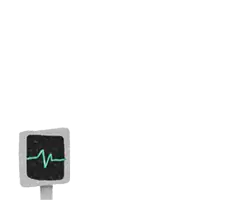Part 7Officers, powers, etc
Powers of Director-General
85Recall of animal material and animal product
The Director-General may, for the purpose of examining, reclassifying, rectifying, or disposing of any animal product that is not fit for intended purpose or whose fitness is in doubt, or that is mislabelled or incorrectly identified, issue a notice in writing directing the recall of that product and requiring the product to be taken to a place specified in the notice, or a place agreed to between the Director-General and the recipient of the notice.
The Director-General may, for the purpose of examining, controlling, or disposing of any material that he or she has reason to believe is being or has been misrepresented as being animal product, or as being suitable for inclusion in or processing into animal product when it is not, issue a notice in writing directing the recall of animal material and requiring it to be taken to a place specified in the notice, or a place agreed to between the Director-General and the recipient of the notice.
A notice under this section (a recall notice) may also specify any requirements that may be imposed under section 90 or section 91.
A recall notice may be directed to any 1 or more persons who own or have control over the animal material or product in question.
On receipt of a recall notice, the person on whom it is served must as soon as practicable—
- advise the Director-General of the details of the manner in which the notice is to be complied with; and
- give written notice to the Director-General when the recall, and any specified requirement associated with the recall, has been completed.
If a person who owns or has control of animal material or product fails or refuses to comply with a recall notice,—
- the Director-General may take such reasonable steps as are necessary to ensure control of the material or product (including entry by animal product officers into premises under a warrant); and
- the Director-General may recover the costs and expenses reasonably incurred in assuming control of the material or product as a debt due from that person.
Nothing in this section affects the power of the Director-General to issue a statement of a kind referred to in section 84.


